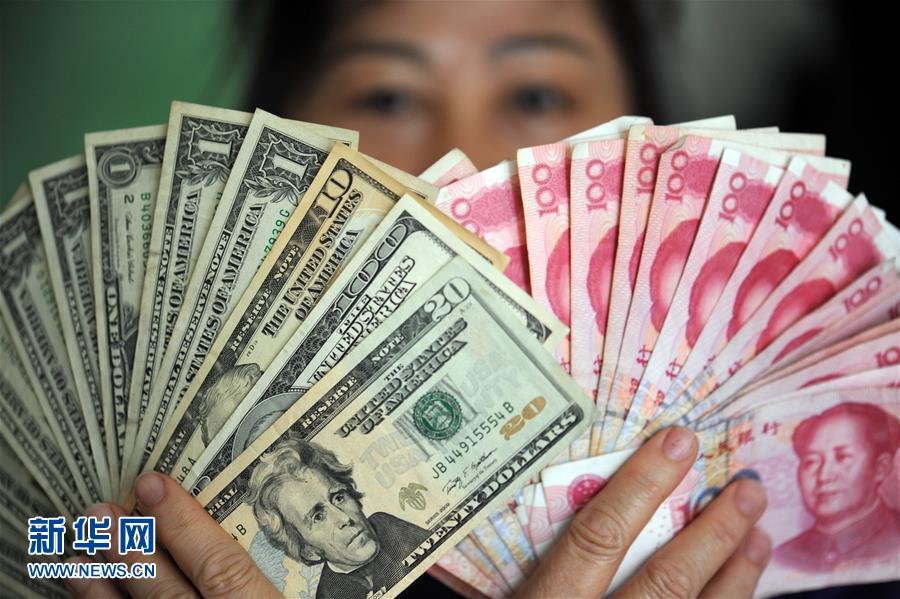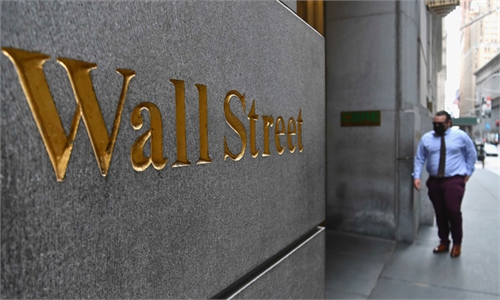
File photo: Xinhua
China's state-owned assets regulator on Tuesday told centrally administered state-owned enterprises (SOEs) to effectively manage and control the risks of offshore funds in reaction to possible risks that include exchange-rate volatility and rising inflation.
Experts suggested that state-owned giants should be prudent when issuing bonds or listing in overseas stock markets, and ensure sufficient free cash flow this year.
"[Centrally administered SOEs] should improve preparedness to the risks of offshore funds and urge overseas units to gather country risk information about politics, economy, society, security and public sentiment in a timely manner," read a notice released by the State-owned Assets Supervision and Administration Commission of the State Council (SASAC) on Tuesday.
The supervisory authority also told centrally administered SOEs to make contingency plans for emergencies involving major capital risks, including exchange controls, sharp exchange-rate fluctuations and rapidly rising inflation rates.
According to an expert specializing in centrally administered SOEs research, who asked to remain anonymous, the policy was made in response to global economic uncertainty.
Some capital taken out of the country by Chinese SOEs is simply a normal part of money flows, but some has to do with overseas capital markets, which poses huge risks to Chinese SOEs, he noted.
For instance, the New York Stock Exchange (NYSE) delisted three Chinese state-owned telecom operators - China Telecom, China Mobile and China Unicom -- in January. State-owned oil giant, China National Offshore Oil Corp, became the latest Chinese company to be pushed out of the NYSE.
The offshore funds are usually affected by political volatilities, or by economic and security issues, in addition to financial fluctuations and inflation. This is the reason for requiring centrally administered SOEs to be prudent when issuing bonds or listing in overseas stock markets, Dong Shaopeng, an advisor for the China Securities Regulatory Commission, told the Global Times on Tuesday.
"Demand for financing overseas by Chinese giants remains strong because of the very loose monetary policy in foreign countries," Dong said, suggesting that companies be clear about overseas project appraisals and cut their losses in time when changes take place.
Within China, cash flow and debt issues still pose threats to some companies.
"At this point, we should pay increased attention to the management of capital flows and liabilities after seeing some SOEs suffer from a debt crisis," the expert above told the Global Times.
According to a report issued by CSCI Pengyuan Credit Rating Co on Monday, bonds held by local SOEs and centrally administered SOEs account for 61 percent and 29 percent of the total, while only 10 percent of those bonds are held by private companies.
"2021 and 2022 would be peak years for companies to repay debts, so Chinese companies need to make more effort to manage their cash flows," the expert added.
China Tiesiju Civil Engineering Group, a centrally administered SOE that has construction projects in Southeast Asia and Africa, told the Global Times on Tuesday the company makes cash flow management a core value, and it is improving its overseas capital control system.
"We will promote the centralized management of overseas funds, and continue to track and supervise offshore funds via online banking and other financial platform," the company said.


